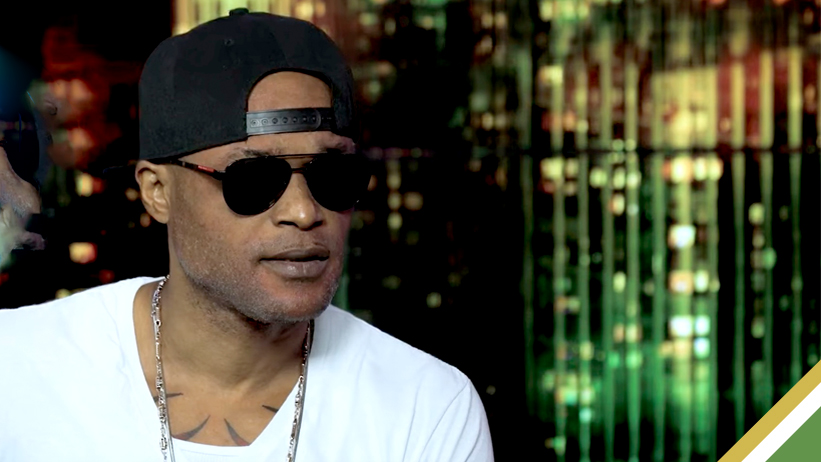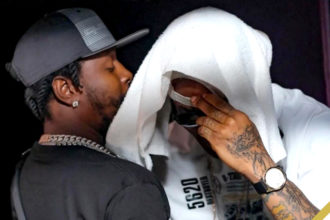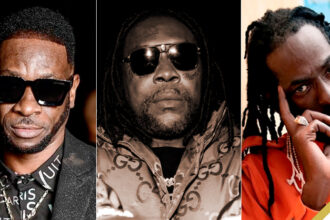The Portmore Empire, once a formidable force in dancehall led by Vybz Kartel, is now a relic of a bygone era. The collective, which dominated the 2010s with its raw talent and provocative lyrics, has long since disbanded, leaving behind a legacy of music, controversy, and fractured relationships. The recent OnStage TV interview with Shawn Storm, a loyalist who stood by Kartel throughout his trials and triumphs, has reignited discussions about a reunion and the Empire’s rise and subsequent fall, particularly in light of Kartel’s upcoming post-prison concert.
Shawn Storm’s response to the possibility of a reunion was telling—both in its dismissiveness and its honesty. “Reunion a fi lovers,” he quipped, before delving into a more profound reflection on the past. For Storm, the idea of reuniting with his former label mates seems far-fetched, almost absurd, given the lack of support he received during his 13-year incarceration. His words underscore the deep-seated feelings of betrayal and disillusionment that have plagued the group since its dissolution. While Kartel remains the undisputed “boss,” Storm made it clear that any decision to reunite the Empire lies solely with Kartel, though his own enthusiasm for such a move is notably absent.
The Portmore Empire’s unravelling was as dramatic as its rise. Once the powerhouse of dancehall, the group’s internal dynamics began to crumble under the weight of allegations of abuse, disloyalty, and infighting. Gaza Kim’s departure in 2010, following an alleged beating by Kartel’s affiliates, marked the beginning of the end. Notnice, the producer who played a crucial role in shaping the Empire’s sound, also left under contentious circumstances, accusing Kartel of orchestrating a raid on his property. Blak Ryno’s exit further fueled rumours of blackballing and hostile treatment within the camp. These incidents, among others, contributed to the Empire’s rapid decline, leaving behind a trail of bitterness and unresolved grievances.
Yet, despite the tumultuous history, the release of Kartel and Storm after being incarcerated for almost 13 years has prompted some former members to express their support and nostalgia for the Empire’s heyday. Popcaan, arguably the most successful alumnus of the group, took to social media to celebrate Kartel’s acquittal, hailing it as a victory hard-fought. Others, like Sheba and Ryno, also shared their joy, though their expressions of loyalty seem tinged with a recognition of the past’s complexities. However, the muted reactions from some former members suggest that while the Empire’s musical influence endures, the personal connections that once bound its members together may be irreparably damaged.
In the end, the Portmore Empire stands as evidence of the double-edged sword of success in the music industry. The collective’s meteoric rise brought fame and fortune, but its fall revealed the darker side of loyalty, power, and ambition. As Kartel prepares for his post-prison concert, the prospect of a reunion remains uncertain, clouded by the ghosts of the past. The Empire may never rise again, but its story continues to resonate within the dancehall community, a reminder of both the heights of stardom and the depths of human frailty.













